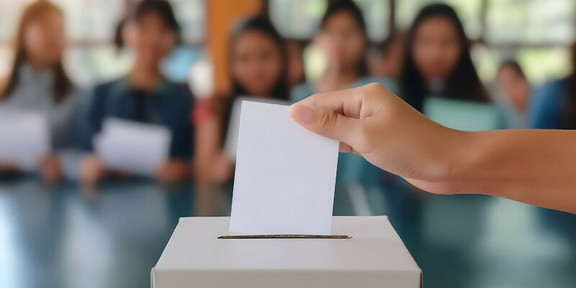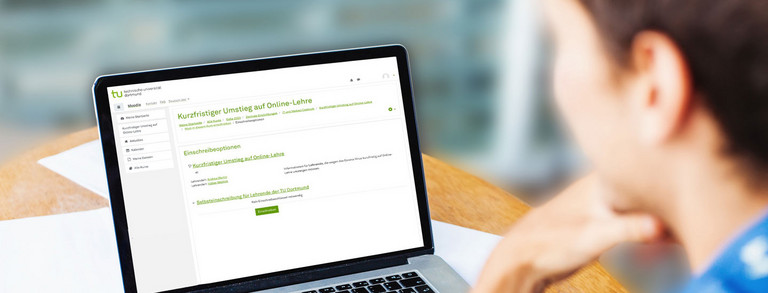UA Ruhr researchers involved in statement on democracy education
- UA Ruhr
- Research

The Standing Scientific Commission of the Standing Conference of the Ministers of Education and Cultural Affairs recommends that the subjects of politics and history should be more firmly anchored in the school curriculum and that teachers should be better prepared. The University of Duisburg-Essen is involved in the development of the commission's statement together with the Ruhr University Bochum.
The relevance of the school subjects of politics and history becomes clear when it comes to democracy education. Informed citizens who have already learned in school to represent their interests with arguments instead of manipulation and violence are the basis of a democratic society. Tolerating diversity of opinion and different interests and negotiating with one another are the prerequisites for living democracy. However, actors who attack pluralism and promote anti-democratic attitudes are currently gaining influence in public perception. For this reason, the Standing Scientific Commission of the Standing Conference of the Ministers of Education and Cultural Affairs (SWK) published a statement on democracy education on July 11, 2024, in which its recommendations focus on strengthening history and politics lessons in secondary schools, as well as subject lessons in elementary school.
Prof. Dr. Hermann Josef Abs (Democracy Education) and Prof. Dr. Isabell van Ackeren (School Development) from the University of Duisburg-Essen and Prof. Dr. Nicola Brauch (History Didactics) from the Ruhr University Bochum worked intensively on this project. This project also demonstrates the successful and close cooperation between the three universities in the University Alliance Ruhr (UA Ruhr) on education-related issues.
Prof. Dr. Hermann Josef Abs presents the cooperation with the SWK: "With the research from the UA Ruhr, we were able to make a significant contribution to the development of the statement. In order for schools to make a strong contribution to a resilient democracy, the framework conditions are crucial. The aim is to provide pupils with political and historical knowledge about current events, to involve children and young people in lived forms of democratic debate and decision-making and to raise critical awareness of manipulation."
It is important for schools to address conflicts over differing opinions, critical devaluations of individual religious or population groups and sweeping assessments and not sweep them under the carpet. This poses major challenges for teachers: they have to contribute to factual clarification and protect pupils in a weaker position from insults or even violence. Empirical research has shown that teachers with specialist training in the relevant subjects are more confident in taking up controversies, moderating them and supplementing them with factual information or search assignments. There is great potential in further training courses that support teachers in dealing appropriately with current challenges to democracy. A network of professional cooperation partners who support schools and take on critical cases when radicalization processes emerge can be crucial for sustainable development in schools.
The SWK press release with an overview of all the recommendations can be found here (only in German): https://swk-bildung.org/pressemitteilungen/stellungnahme-zur-demokratiebildung-swk-empfiehlt-staerkung-der-faecher-politik-und-geschichte/

